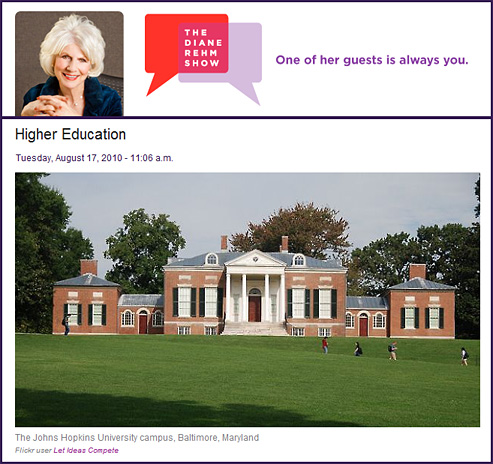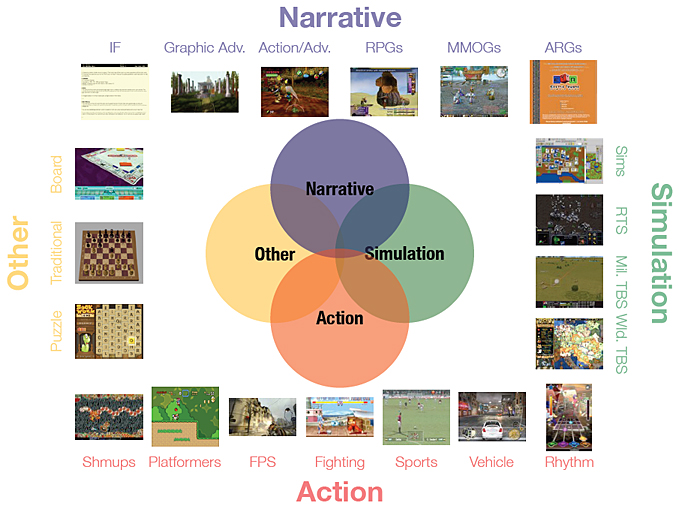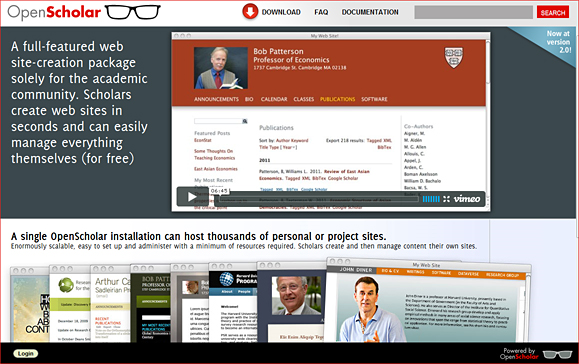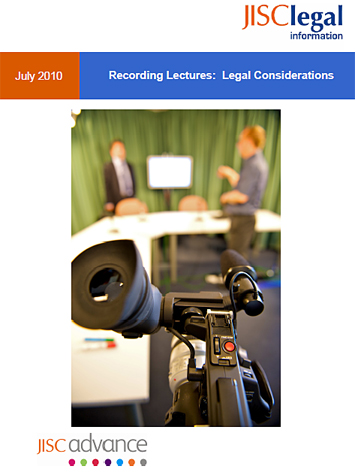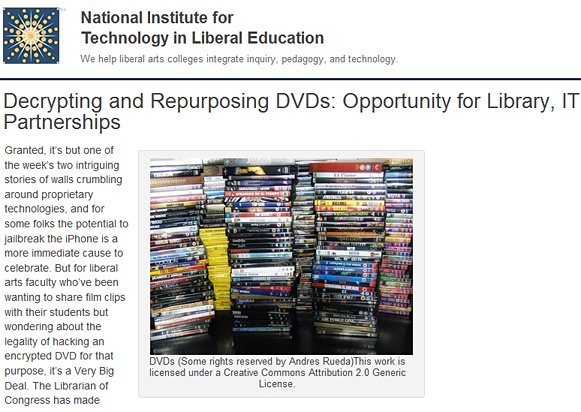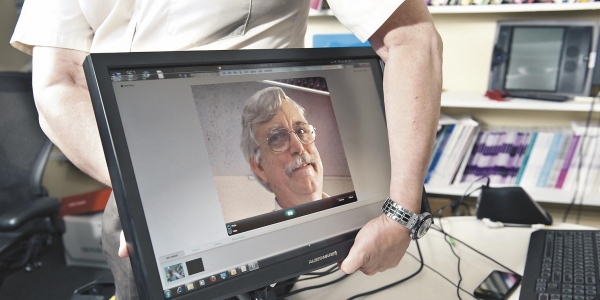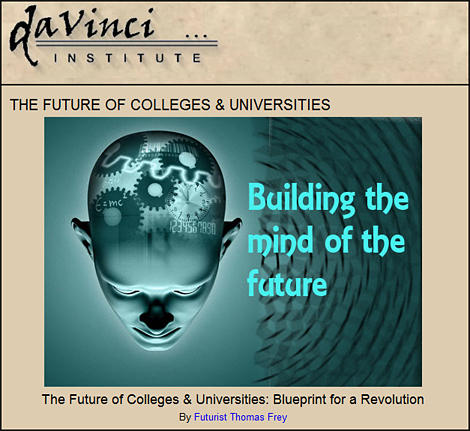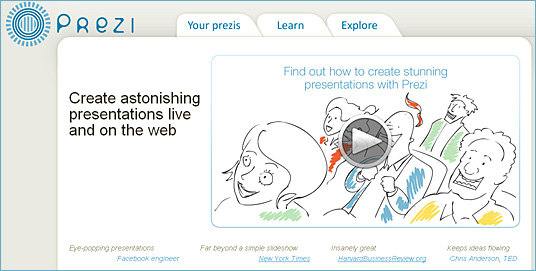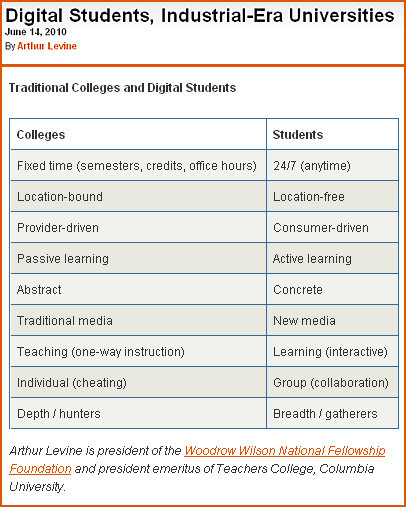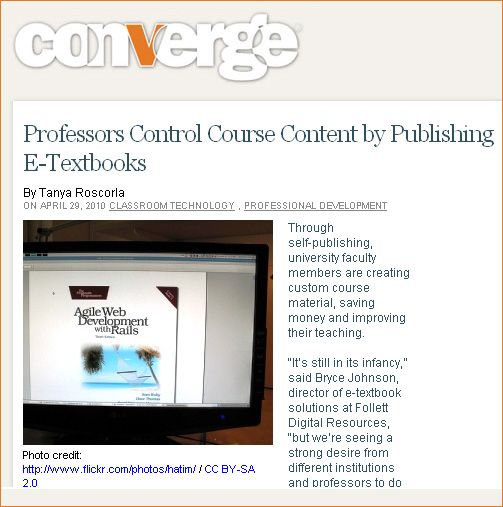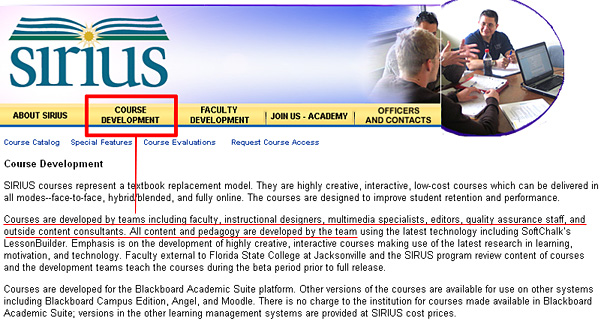How can we generate a love for learning when there’s so much emphasis on points/grades? — from DSC
I look back to my past…and I look to the present systems…and I look to the courses that I’m taking at the graduate level…and I can’t help but wonder what we can do to in order to instill more of a love for learning…?
When we constantly emphasis rubrics, grades, points, bell curves, SATs/ACTS/MEAPs/standardarized tests — man, it’s no wonder that students don’t connect with school! We enforce what we feel is important based up on what we think they will need to be productive…but it may or may not connect or be important to them at all. And it may not be the skills that are really needed when these folks enter the workplace. We taught them based upon what we needed in our work lives.
I can’t help but wonder how bummed out students become as the downward spiral begins…something happens in life to sidetrack them or they don’t have strong support for their educations in the home in the first place. They receive some low scores for a variety of reasons. Being that competition is so stressed in our worlds, they naturally look around to see how other students are doing. They notice the other students did better. They begin to feel discouraged. This happens a few more times and now they are getting really discouraged…school becomes a major source of stress and discouragement in their lives.
In addition to the stress, they aren’t always allowed to pursue their own passions…their own gifts and abilities; instead, they are told what to learn, when to learn it, how exactly to learn it, etc.
I’m not out to blame anyone; and, in fact, I have an enormous amount of respect for the million agendas being thrown at teachers and professors these days. Can anyone deliver on all of these expectations and asked-for-deliverables?
However, I do hope that we can turn around this drop out situation in the U.S. — 25-30% is waaaaayyyy too high.
What can we do to better address students’ passions? Increase their motivation? How can we better instill a love for learning vs. “how to best compete and win” in the classroom? Funny how the older I get, the more the love of learning sets in…and the competition fades away.









